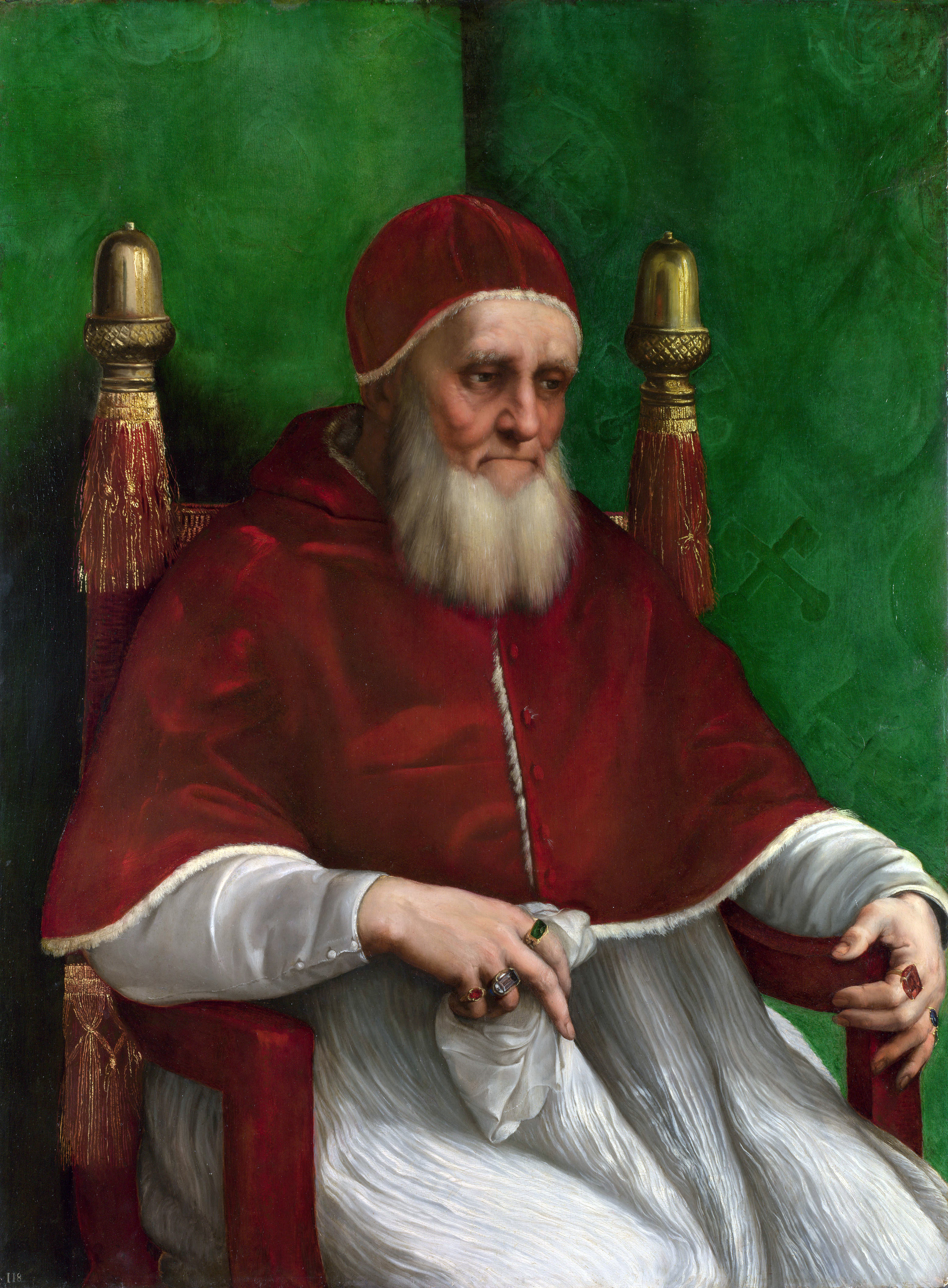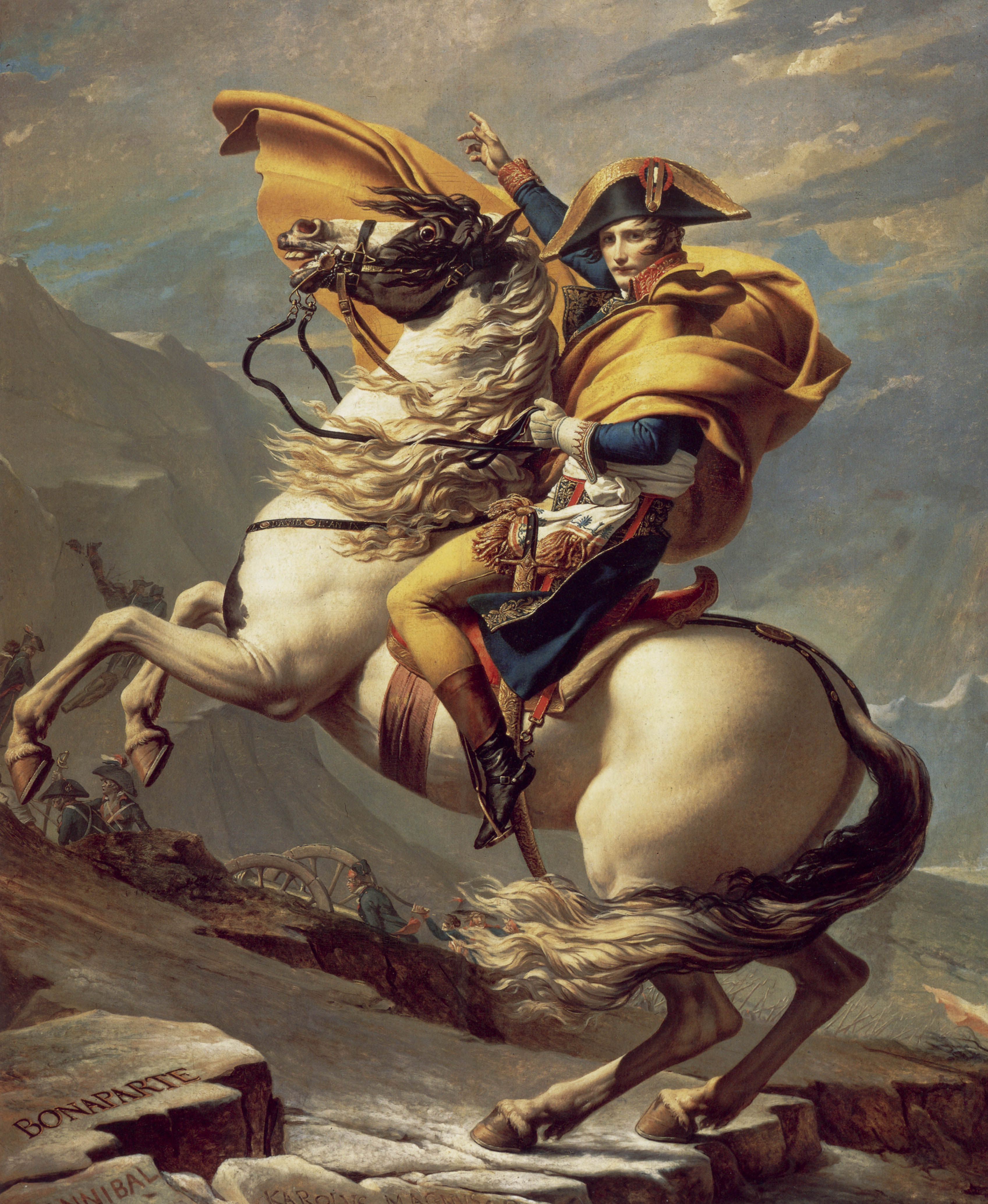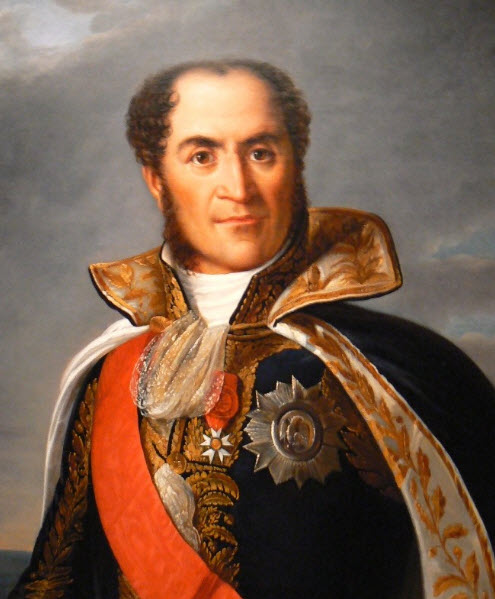|
Vincenzo Monti
Vincenzo Monti (19 February 1754 – 13 October 1828) was an Italian poet, playwright, translator, and scholar, the greatest interpreter of Italian neoclassicism in all of its various phases. His verse translation of the ''Iliad'' is considered one of the greatest of them all, with its iconic opening ("''Cantami, o Diva, del Pelide Achille,/L'ira funesta ..'", lib. I, verses 1-2) becoming an extremely recognizable phrase among Italians (for example, being the text shown when opening a font file in Microsoft Windows). Biography Monti was born in Alfonsine, Province of Ravenna, Emilia-Romagna the son of Fedele and Domenica Maria Mazzari, landowners. He was educated at the seminar in Faenza and at the University of Ferrara, where he studied medicine and jurisprudence. Chronology In 1775 he is admitted to membership in the Academy of Arcadians and the next year his first book is published: "La visione di Ezechiello" ("Ezekiel's vision"). In 1778 Monti moves to Rome, invited ... [...More Info...] [...Related Items...] OR: [Wikipedia] [Google] [Baidu] |
Scipione Borghese
Scipione Borghese (; 1 September 1577 – 2 October 1633) was an Italian Cardinal, art collector and patron of the arts. A member of the Borghese family, he was the patron of the painter Caravaggio and the artist Bernini. His legacy is the establishment of the art collection at the Villa Borghese in Rome. Biography Early life and cardinalship He was born in Artena with name Scipione Caffarelli, the son of Francesco Caffarelli and Ortensia Borghese. Because his father ran into financial difficulties, Scipione's education was paid for by his maternal uncle Camillo Borghese. Upon Camillo's election to the papacy as Pope Paul V in 1605, he quickly conferred a cardinalship on Scipione and gave him the right to use the Borghese name and coat of arms. In the classic pattern of papal nepotism, Cardinal Borghese wielded enormous power as the Pope's secretary and effective head of the Vatican government. On his own and the Pope's behalf he amassed an enormous fortune through papal fees ... [...More Info...] [...Related Items...] OR: [Wikipedia] [Google] [Baidu] |
Persius
Aulus Persius Flaccus (; 4 December 3424 November 62 AD) was a Ancient Rome, Roman poet and satirist of Etruscan civilization, Etruscan origin. In his works, poems and satires, he shows a Stoicism, Stoic wisdom and a strong criticism for what he considered to be the stylistic abuses of his poetic contemporaries. His works, which became very popular in the Middle Ages, were published after his death by his friend and mentor, the Stoic philosopher Lucius Annaeus Cornutus. Life According to the ''Life'' contained in the manuscripts, Persius was born into an equestrian family at Volterra (Volaterrae, in Latin), a small Etruscan city in the province of Pisa, of good stock on both parents' side. When six years old he lost his father; his stepfather died a few years later. At the age of twelve Persius came to Rome, where he was taught by Quintus Remmius Palaemon, Remmius Palaemon and the rhetor Verginius Flavus. During the next four years he developed friendships with the stoicism, Stoic ... [...More Info...] [...Related Items...] OR: [Wikipedia] [Google] [Baidu] |
Voltaire
François-Marie Arouet (; 21 November 169430 May 1778) was a French Age of Enlightenment, Enlightenment writer, historian, and philosopher. Known by his ''Pen name, nom de plume'' M. de Voltaire (; also ; ), he was famous for his wit, and his criticism of Christianity—especially Criticism of the Catholic Church, of the Roman Catholic Church—and of slavery. Voltaire was an advocate of freedom of speech, freedom of religion, and separation of church and state. Voltaire was a versatile and prolific writer, producing works in almost every literary form, including stageplay, plays, poems, novels, essays, histories, and scientific Exposition (narrative), expositions. He wrote more than 20,000 letters and 2,000 books and pamphlets. Voltaire was one of the first authors to become renowned and commercially successful internationally. He was an outspoken advocate of civil liberties and was at constant risk from the strict censorship laws of the Catholic French monarchy. His polemics ... [...More Info...] [...Related Items...] OR: [Wikipedia] [Google] [Baidu] |
Battle Of Marengo (1800)
The Battle of Marengo was fought on 14 June 1800 between French forces under the First Consul Napoleon Bonaparte and Austrian forces near the city of Alessandria, in Piedmont, Italy. Near the end of the day, the French overcame General Michael von Melas's surprise attack, drove the Austrians out of Italy and consolidated Bonaparte's political position in Paris as First Consul of France in the wake of his coup d'état the previous November. Surprised by the Austrian advance toward Genoa in mid-April 1800, Bonaparte hastily led his army over the Alps in mid-May and reached Milan on 2 June. After cutting Melas's line of communications by crossing the River Po and defeating '' Feldmarschallleutnant'' (FML) Peter Karl Ott von Bátorkéz at Montebello on 9 June, the French closed in on the Austrian Army, which had massed in Alessandria. Deceived by a local double agent, Bonaparte dispatched large forces to the north and the south, but the Austrians launched a surprise attack on ... [...More Info...] [...Related Items...] OR: [Wikipedia] [Google] [Baidu] |
Cisalpine Republic
The Cisalpine Republic ( it, Repubblica Cisalpina) was a sister republic of France in Northern Italy that existed from 1797 to 1799, with a second version until 1802. Creation After the Battle of Lodi in May 1796, Napoleon Bonaparte organized two states: one to the south of the Po, the Cispadane Republic, and one to the north, the Transpadane Republic. On 19 May 1797, Napoleon transferred the territories of the former Duchy of Modena to Transpadania and, on 12 Messidor (29 June), he decreed the birth of the Cisalpine Republic, creating a Directory for the republic and appointing its ministers. France published the constitution of the new republic on 20 Messidor (7 July), establishing the division of the territory into eleven departments: Adda ( Lodi), Alpi Apuane (Massa), Crostolo ( Reggio), Lario (Como), Montagna (Lecco), Olona (Milan), Panaro (Modena), Po (Cremona), Serio (Bergamo), Ticino (Pavia), and Verbano (Varese). The rest of Cispadania was merged into the Cisalpine Re ... [...More Info...] [...Related Items...] OR: [Wikipedia] [Google] [Baidu] |
Little, Brown And Company
Little, Brown and Company is an American publishing company founded in 1837 by Charles Coffin Little and James Brown in Boston. For close to two centuries it has published fiction and nonfiction by American authors. Early lists featured Emily Dickinson's poetry and ''Bartlett's Familiar Quotations''. Since 2006 Little, Brown and Company is a division of the Hachette Book Group. 19th century Little, Brown and Company had its roots in the book selling trade. It was founded in 1837 in Boston by Charles Little and James Brown. They formed the partnership "for the purpose of Publishing, Importing, and Selling Books". It can trace its roots before that to 1784 to a bookshop owned by Ebenezer Battelle on Marlborough Street. They published works of Benjamin Franklin and George Washington and they were specialized in legal publishing and importing titles. For many years, it was the most extensive law publisher in the United States, and also the largest importer of standard English law a ... [...More Info...] [...Related Items...] OR: [Wikipedia] [Google] [Baidu] |
French Revolution
The French Revolution ( ) was a period of radical political and societal change in France that began with the Estates General of 1789 and ended with the formation of the French Consulate in November 1799. Many of its ideas are considered fundamental principles of liberal democracy, while phrases like ''liberté, égalité, fraternité'' reappeared in other revolts, such as the 1917 Russian Revolution, and inspired campaigns for the abolition of slavery and universal suffrage. The values and institutions it created dominate French politics to this day. Its causes are generally agreed to be a combination of social, political and economic factors, which the ''Ancien Régime'' proved unable to manage. In May 1789, widespread social distress led to the convocation of the Estates General, which was converted into a National Assembly in June. Continuing unrest culminated in the Storming of the Bastille on 14 July, which led to a series of radical measures by the Assembly, i ... [...More Info...] [...Related Items...] OR: [Wikipedia] [Google] [Baidu] |
Milan
Milan ( , , Lombard: ; it, Milano ) is a city in northern Italy, capital of Lombardy, and the second-most populous city proper in Italy after Rome. The city proper has a population of about 1.4 million, while its metropolitan city has 3.26 million inhabitants. Its continuously built-up urban area (whose outer suburbs extend well beyond the boundaries of the administrative metropolitan city and even stretch into the nearby country of Switzerland) is the fourth largest in the EU with 5.27 million inhabitants. According to national sources, the population within the wider Milan metropolitan area (also known as Greater Milan), is estimated between 8.2 million and 12.5 million making it by far the largest metropolitan area in Italy and one of the largest in the EU.* * * * Milan is considered a leading alpha global city, with strengths in the fields of art, chemicals, commerce, design, education, entertainment, fashion, finance, healthcar ... [...More Info...] [...Related Items...] OR: [Wikipedia] [Google] [Baidu] |
Venice
Venice ( ; it, Venezia ; vec, Venesia or ) is a city in northeastern Italy and the capital of the Veneto Regions of Italy, region. It is built on a group of 118 small islands that are separated by canals and linked by over 400 bridges. The islands are in the shallow Venetian Lagoon, an enclosed bay lying between the mouths of the Po River, Po and the Piave River, Piave rivers (more exactly between the Brenta (river), Brenta and the Sile (river), Sile). In 2020, around 258,685 people resided in greater Venice or the ''Comune di Venezia'', of whom around 55,000 live in the historical island city of Venice (''centro storico'') and the rest on the mainland (''terraferma''). Together with the cities of Padua, Italy, Padua and Treviso, Italy, Treviso, Venice is included in the Padua-Treviso-Venice Metropolitan Area (PATREVE), which is considered a statistical metropolitan area, with a total population of 2.6 million. The name is derived from the ancient Adri ... [...More Info...] [...Related Items...] OR: [Wikipedia] [Google] [Baidu] |
Bologna
Bologna (, , ; egl, label= Emilian, Bulåggna ; lat, Bononia) is the capital and largest city of the Emilia-Romagna region in Northern Italy. It is the seventh most populous city in Italy with about 400,000 inhabitants and 150 different nationalities. Its metropolitan area is home to more than 1,000,000 people. It is known as the Fat City for its rich cuisine, and the Red City for its Spanish-style red tiled rooftops and, more recently, its leftist politics. It is also called the Learned City because it is home to the oldest university in the world. Originally Etruscan, the city has been an important urban center for centuries, first under the Etruscans (who called it ''Felsina''), then under the Celts as ''Bona'', later under the Romans (''Bonōnia''), then again in the Middle Ages, as a free municipality and later ''signoria'', when it was among the largest European cities by population. Famous for its towers, churches and lengthy porticoes, Bologna has a well-preserved ... [...More Info...] [...Related Items...] OR: [Wikipedia] [Google] [Baidu] |
French Republic (1792-1804)
In the history of France, the First Republic (french: Première République), sometimes referred to in historiography as Revolutionary France, and officially the French Republic (french: République française), was founded on 21 September 1792 during the French Revolution. The First Republic lasted until the declaration of the First Empire on 18 May 1804 under Napoléon Bonaparte, although the form of the government changed several times. This period was characterized by the fall of the monarchy, the establishment of the National Convention and the Reign of Terror, the Thermidorian Reaction and the founding of the Directory, and, finally, the creation of the Consulate and Napoleon's rise to power. End of the monarchy in France Under the Legislative Assembly, which was in power before the proclamation of the First Republic, France was engaged in war with Prussia and Austria. In July 1792, the Duke of Brunswick, commanding general of the Austro–Prussian Army, issued his Bru ... [...More Info...] [...Related Items...] OR: [Wikipedia] [Google] [Baidu] |








.jpg)
